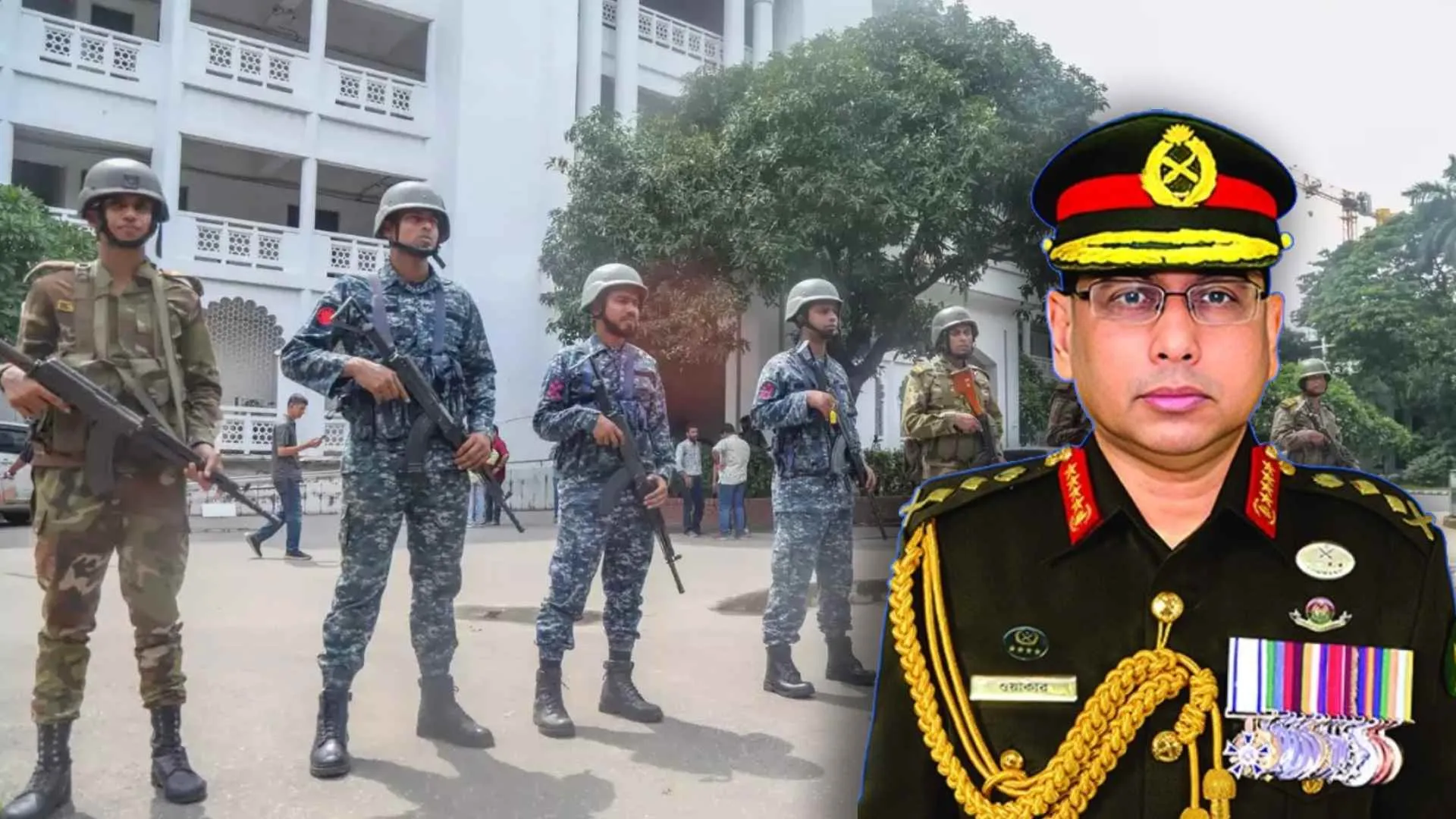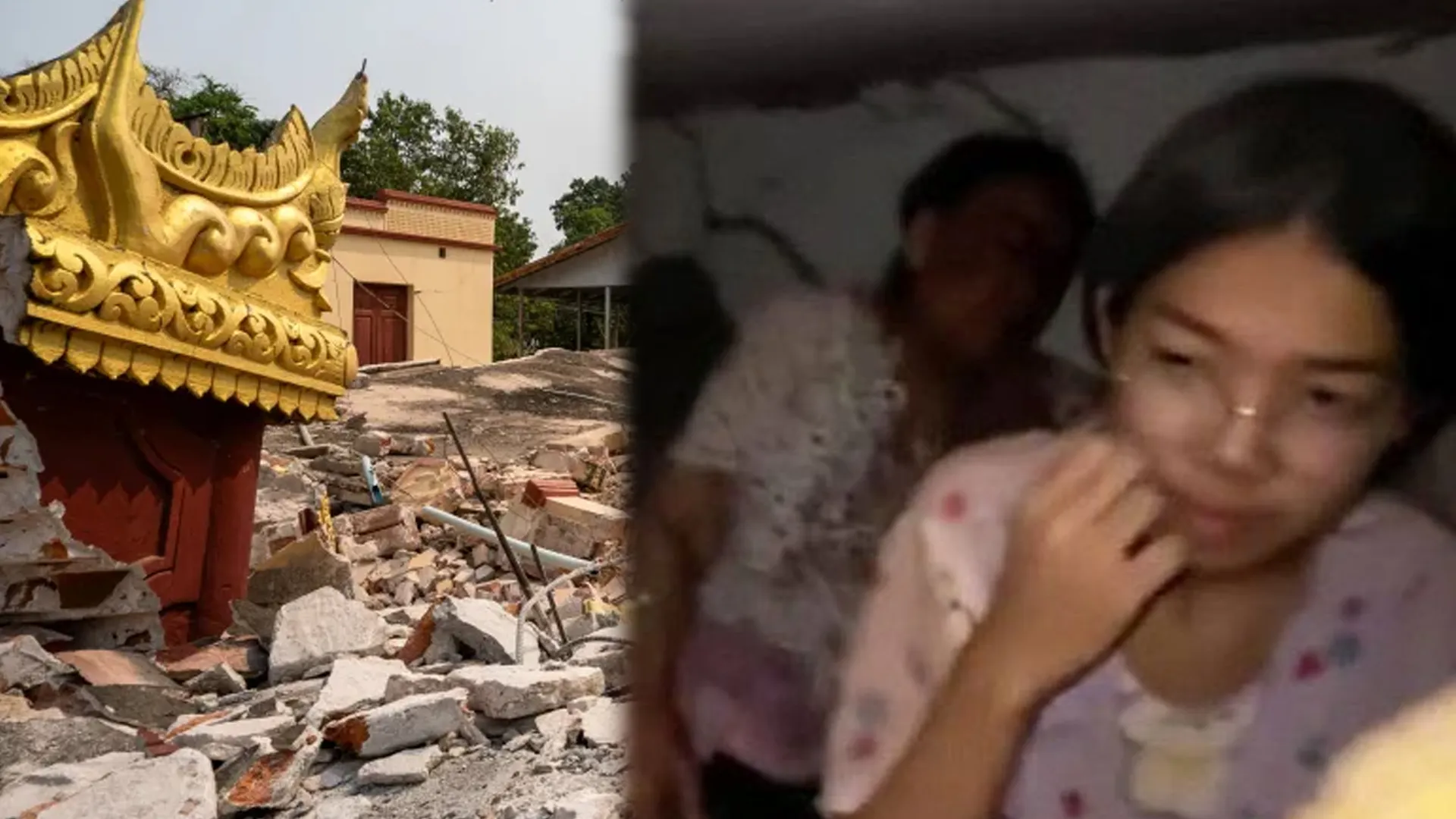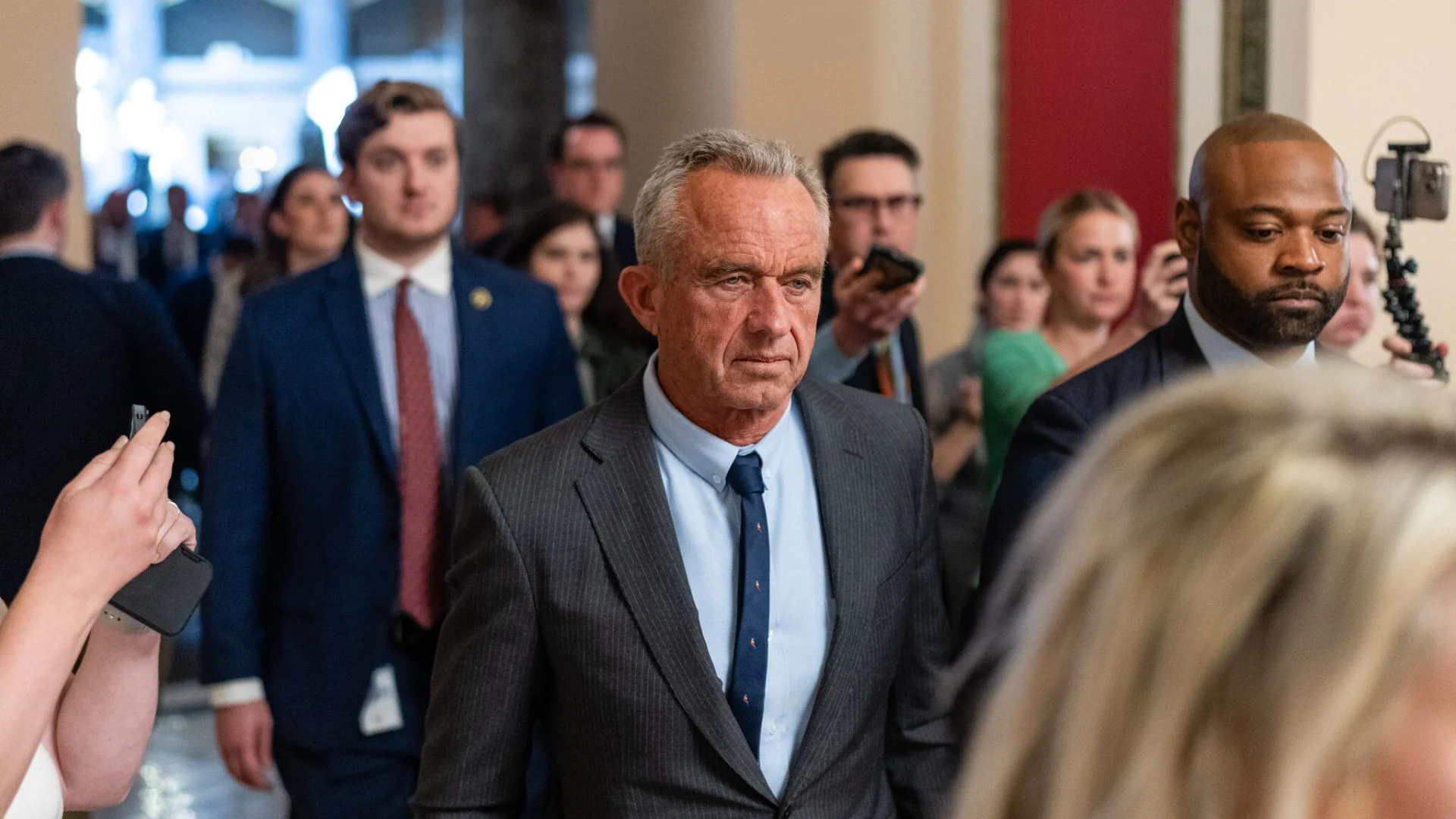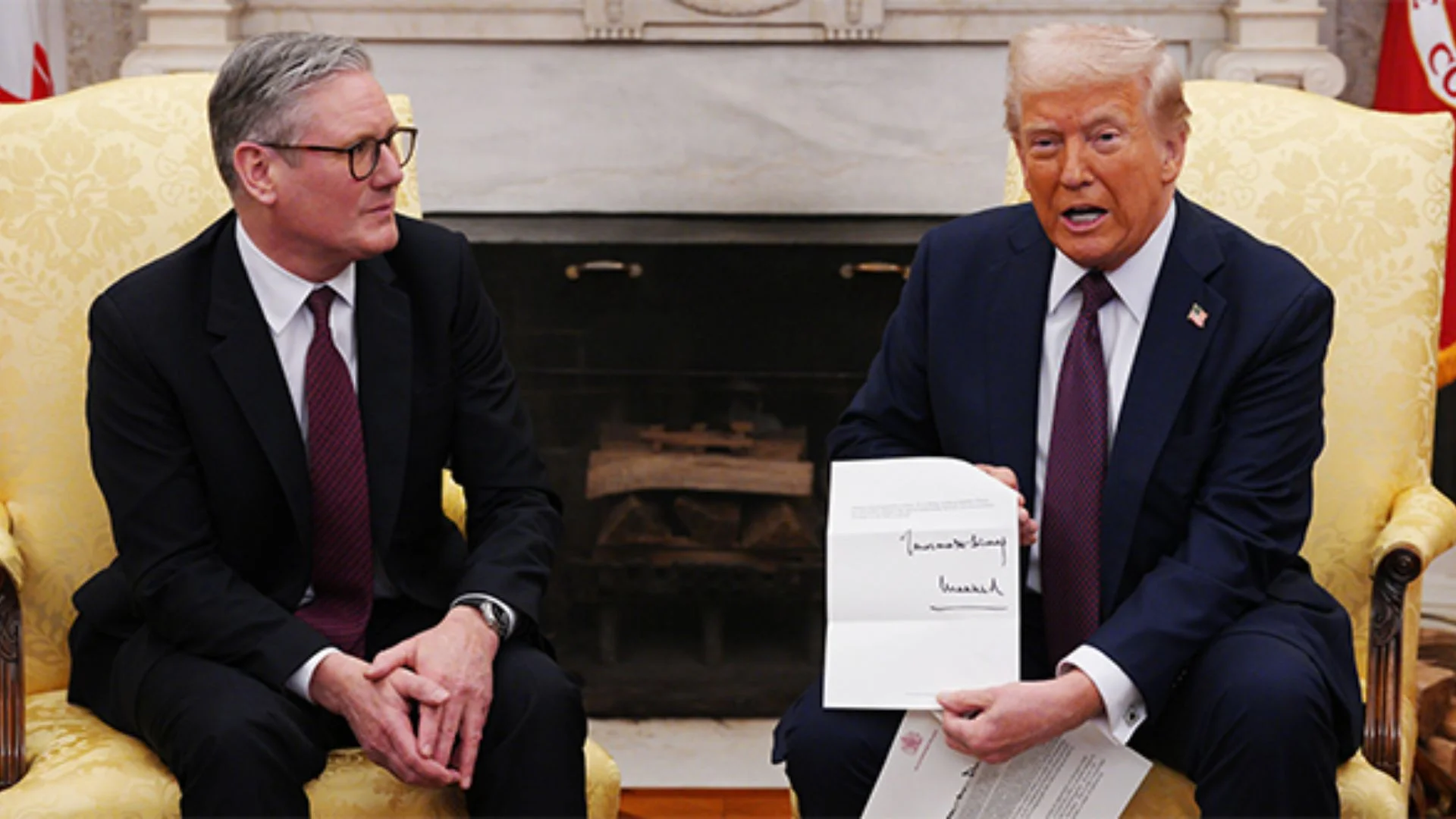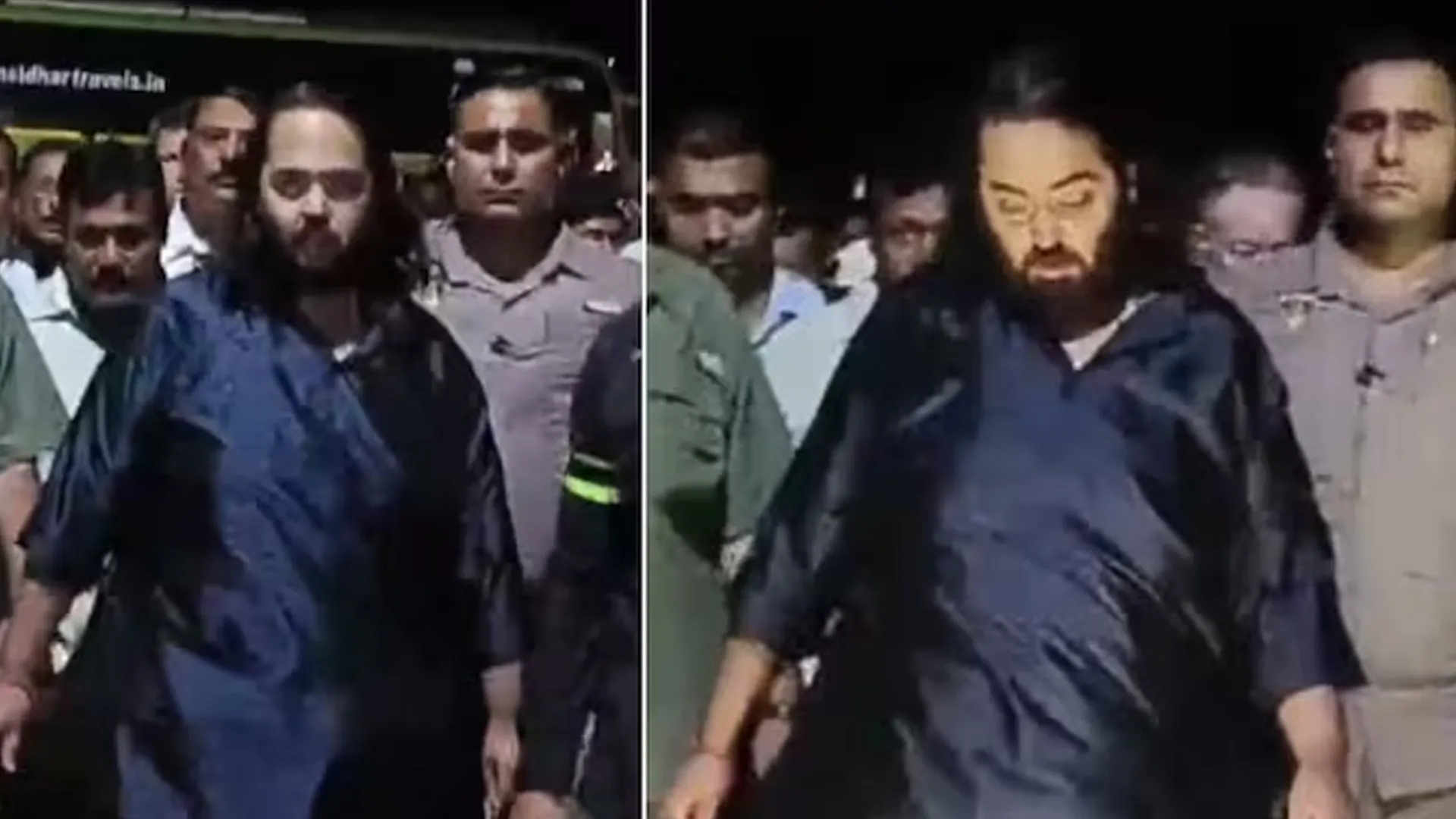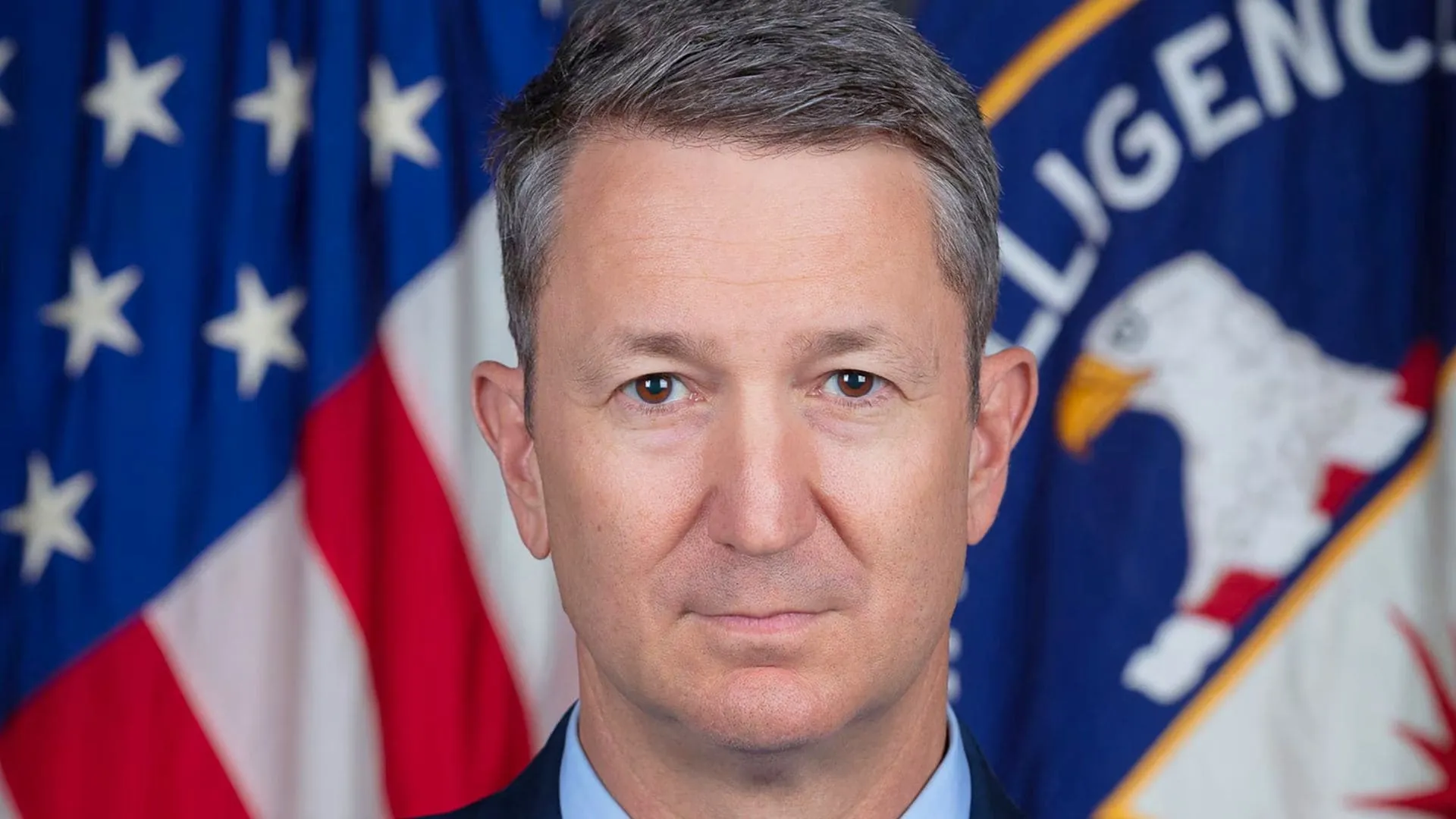Bangladesh Army Chief General Waker-Uz-Zaman expressed concerns regarding the country’s worsening law and order situation, blaming the crisis on prevailing political unrest. At an armed forces event, Gen Zaman emphasized the social and political unrest, cautioning that citizens are “preoccupied with vilifying each other.”
Referring to the escalating instability, Gen Zaman admitted that the country is experiencing an unprecedented amount of anarchy. “The anarchy we have witnessed is of our own making,” he acknowledged. The chief of the armed forces also attributed the inefficiency of the police, adding that senior to junior police officers are filled with fear as most of their peers are being sued in courts or sent to prison. This, according to him, has pushed the armed forces to take a more significant role in enforcing order.
Call for National Unity
Gen Zaman underscored the imperative for national solidarity and institutional discipline, stressing that constant squabbling jeopardizes Bangladesh’s sovereignty. “If you can’t move beyond your differences and continue meddling and fighting among yourselves, and if you continue to injure and kill one another, the independence and integrity of the country will be at risk – I warn you,” he declared.
Resuming his pledge of commitment to stability, he stated, “I have no other aspirations. For the past seven to eight months, I have had enough.” He also warned that perpetrators are exploiting the political impasse, thinking that they can get away with anything. But he did not point fingers at any particular political factions or groups.
Threats to Bangladesh’s Student-Led Revolution
The army chief has also threatened the gains of the student-led revolution, which resulted in the toppling of the Sheikh Hasina government last August. General Zaman became army chief after Ms. Hasina escaped to India after mass protests. Since then, Bangladesh has witnessed an upsurge of violence, rioting, and vandalism, for which security forces have launched ‘Operation Devil Hunt’ in February. In three weeks, 8,600 people charged with trying to “destabilize the nation” were arrested by authorities.
Military’s Growing Role and Human Rights Issues
After the overthrow of Sheikh Hasina, Bangladesh’s armed forces were also given judicial authority similar to the police force, such as the power to arrest citizens. Though cases of enforced disappearances, extrajudicial executions, and torture have been on the increase and have rung alarm bells at human rights centers, Gen Zaman admitted such incidents but reiterated that these “must be investigated.” Punishment must be ensured,” he said. “Otherwise, we will be trapped in the same cycle.”
Support for Interim Government and Election Plans
Gen Zaman called people to rally around the caretaker government, led by Nobel winner Muhammad Yunus, and vowed that elections will be conducted very soon. “At the beginning, I had said it would take 18 months to hold an election. We are on that path. Professor Yunus is doing his best to keep us united. Let’s help him” he told them. Mr. Yunus later confirmed that the general election would be held late in 2025 or early 2026.
Political Events Prior to Launch of New Party
It was a notable political event in which student-led protest leader Nahid Islam resigned from his job as Telecom Minister of the temporary government. The move is preceding the launch on Friday, February 28 of a new party, which was also expected to include him in its leadership line-up.
With Bangladesh going through this phase of political instability and security threats, the army chief’s alerts highlight the imperative for unification, institution-building, and sticking to the promised electoral plan.

